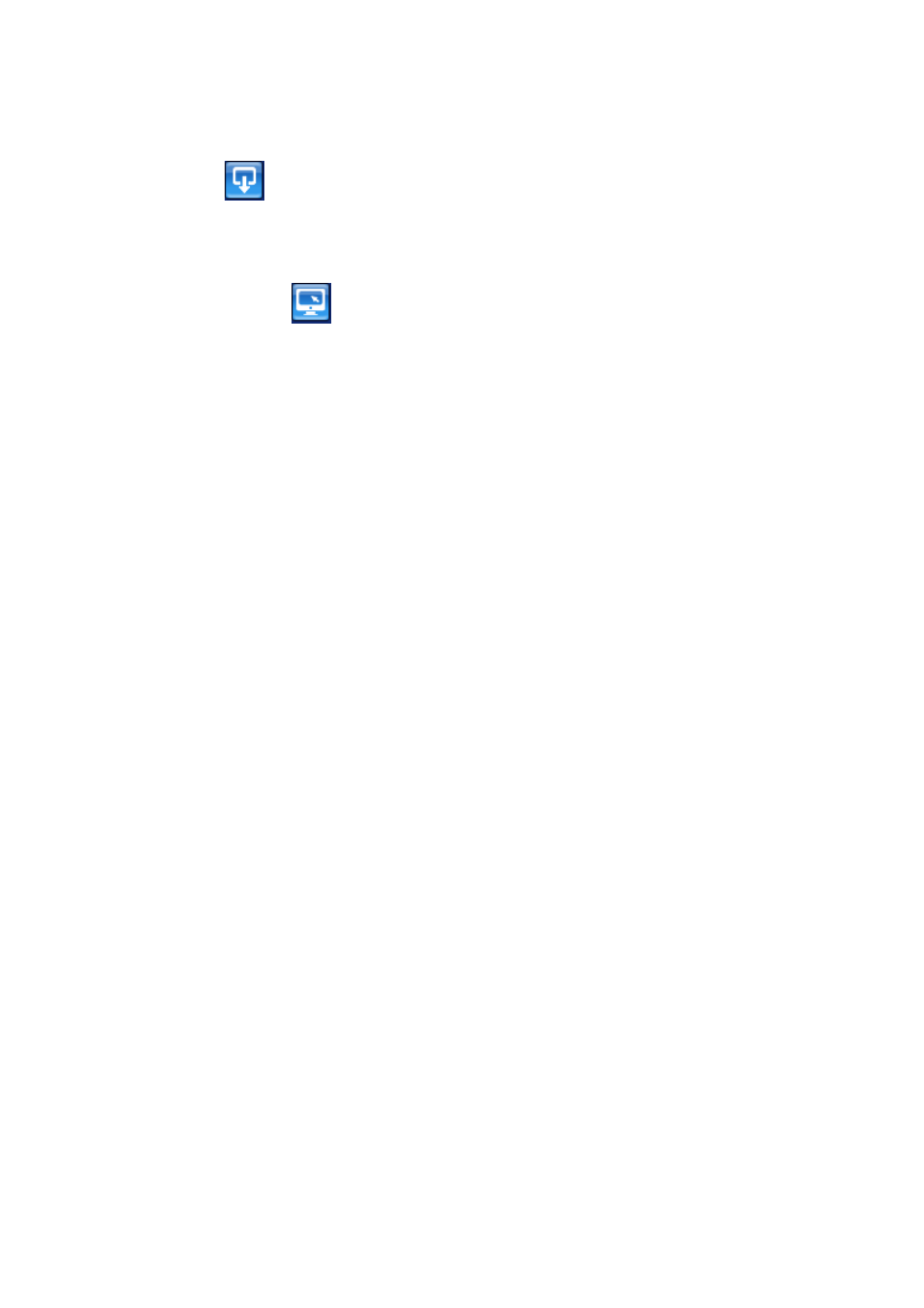2 logout, 3 the remote console, 1 remote console control bar – PLANET IKVM-17080 User Manual
Page 28

28B
4.2.2 Logout
This button
logs out the current user and presents a new login screen. Please
note that an automatic logout will be performed in case there is no activity for half an
hour.
17B
4.3 The Remote Console
Clicking on the icon
opens an additional Remote Console window. The Remote
Console window is a Java Applet that tries to establish its own TCP connection to the
IKVM-17080 /16010. The protocol that is run over this connection is neither HTTP nor
HTTPS, but RFB (Remote Frame Buffer Protocol). Currently, RFB tries to establish a
connection to port number 443. Your local network environment has to allow this
connection to be made, i.e. your firewall end, in case you have a private internal
network, your NAT (Network Address Translation) settings have to be configured
accordingly.
In case the IKVM-17080 /16010 are connected to your local network environment and
your connection to the Internet is available using a proxy server only without NAT being
configured, the Remote Console is very unlikely to be able to establish the according
connection. This is because today's web proxies are not capable of relaying the RFB
protocol.
In case of problems, please consult your network administrator in order to provide an
appropriate network environment.
Once the Remote Console is connected, it displays the screen content of your host
system. The Remote Console will behave exactly in the same way as if you were sitting
directly in front of the screen of your remote system. That means keyboard and mouse
can be used in the usual way. However, be aware of the fact that the remote system will
react to keyboard and mouse actions with a slight delay. The delay depends on the
bandwidth of the network which you use to connect to the IKVM-17080 / IKVM-17160.
With respect to the keyboard, the very exact remote representation might lead to some
confusion as your local keyboard changes its keyboard layout according to the remote
host system. If you use a German administration system, and your host system uses a
US English keyboard layout, for instance, special keys on the German keyboard will not
work as expected. Instead, the keys will result in their US English counterpart. You can
circumvent such problems by adjusting the keyboard of your remote system to the same
mapping as your local one.
The Remote Console window always tries to show the remote screen with its optimal
size. That means it will adapt its size to the size of the remote screen initially and after
the screen resolution of the remote screen has been changed. However, you can
always resize the Remote Console window in your local window system as usual.
29B
4.3.1 Remote Console Control Bar
The upper part of the Remote Console window contains a control bar. Using its
elements you can see the state of the Remote Console and influence the local Remote
Console settings. A description for each control follows.
22
